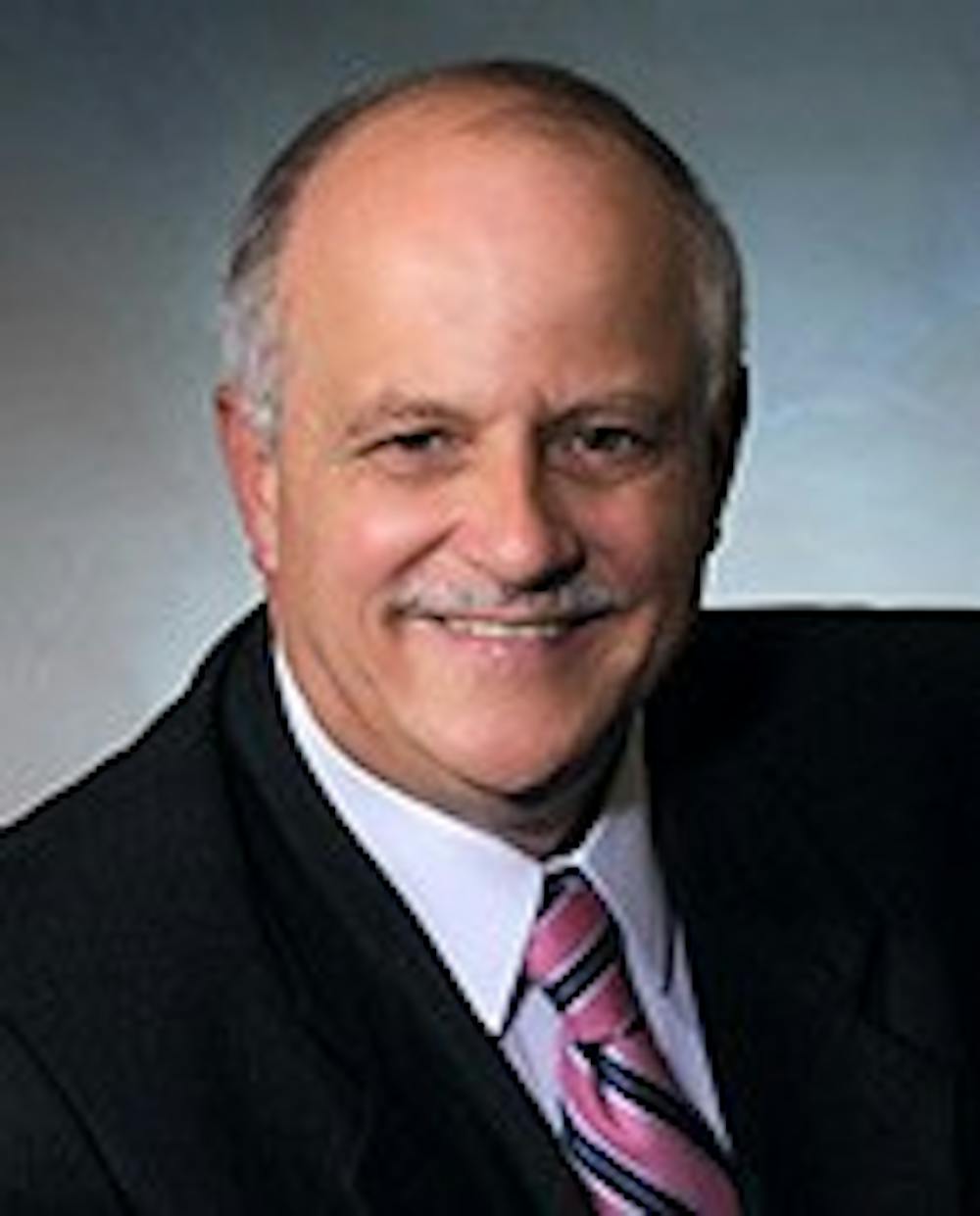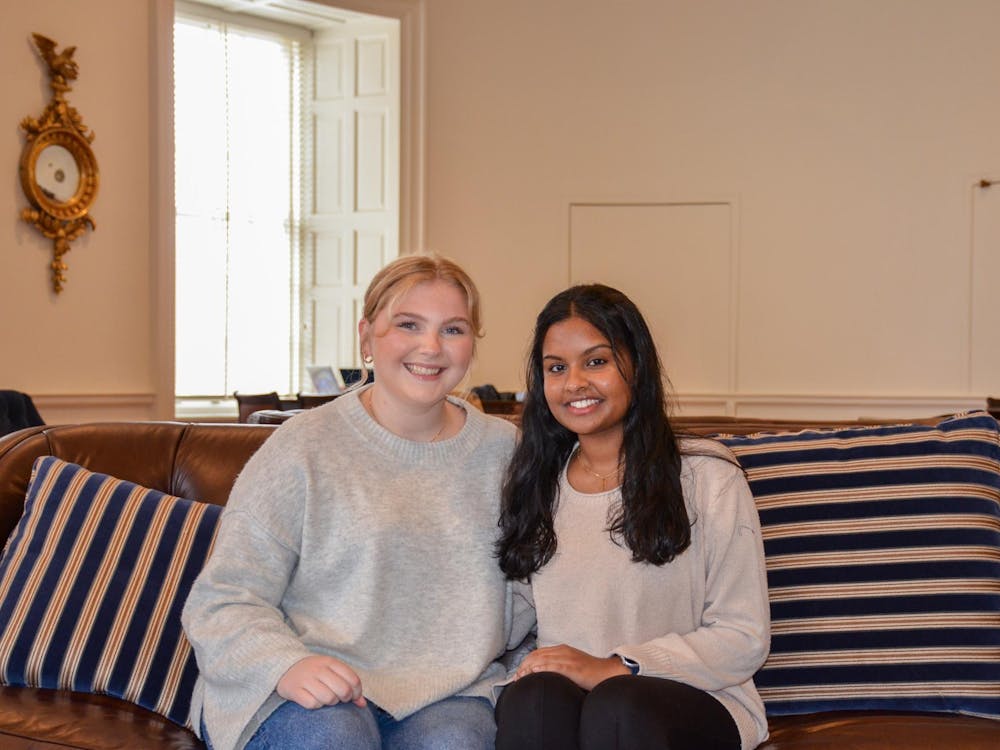Many will tell you a class is only as good as the professor who teaches it. At the University, students have the opportunity to work with faculty who are experts in their fields with a passion for teaching. Many of these professors returned to academia after years of working in the private sector.
Bob Kemp, Ramon W. Breeden, Sr., research professor at the Commerce School, previously worked in the private sector with organizations including Citibank, Navigant-Tucker Alan, Bank of America and the FDIC. He has been teaching at the University for 36 years.
“I was very successful, but I woke up one day and said is this really the passion — what I want in my life?” Kemp said. “Life is very finite.”
Kemp said because he believes it is most important to pursue your passions in life, he elected to leave the private sector and pursue a career in academia.
“The objective of life is to be happy,” Kemp said. “What I know about happy people career-wise is that they have two attributes: they do what they’re good at and what they like to do.”
For Kemp, teaching at a University was both his talent and joy. Kemp said the decision to become a professor made him happy.
“I tell people the best thing I ever did was marry my wife and have our family, and the second best thing was coming and spending my life at the University,” Kemp said.
Kemp said money was not his primary motivation for going to work every day, and he instead hoped to improve the world one classroom at a time.
“The reality is this: what do you want your life to represent?” Kemp said. “I think when we all go to bed [we] want to be able to say ‘Is the world a better place because I was in it? Did I add value?’”
Additionally, Kemp said it takes a certain kind of person to become a professor.
“As someone put it to me years ago, what you want is an intellectual entrepreneur,” Kemp said. “They just love to create knowledge, they’re passionate about knowledge and they have a passion to apply that knowledge.”
In assessing his fellow professors, Kemp looks for this passion for knowledge. At the University, he hopes to continually be surrounded by dedicated colleagues.
“When I look at my faculty colleagues, I’m sitting there saying ‘Why do you want to be a professor? Do you have the fire in your gut? Do you have the skill set?’” Kemp said. “I want my colleagues to get up in the morning and say ‘God I can’t wait to get over to the University and work with my students.’”
At the University, the Curry School, though it does not train students for academia, offers an opportunity for motivated individuals to explore their passion for teaching. Lauren Bostrom, a third-year Curry student, hopes to teach government and history.
“Teaching is something that made sense for me … I enjoy spending time with the students I work with in schools, I am passionate about government and history … and I [hope to] have kids become passionate about things that I love learning about,” Bostrom said.
Looking to her future in education, Bostrom expressed enthusiasm for working in a classroom setting.
“As long as I like the school I am in, it may almost seem like I am not working, which would be nice,” Bostrom said.
Ultimately, teachers and professors can have a profound impact on the lives of many students through their work. For those like Kemp, sometimes this passion can even lead them from the more traditional avenues of success.
“It’s a joy to be a coach,” Kemp said. “I like to think that a little piece of my soul goes with [my students].”






